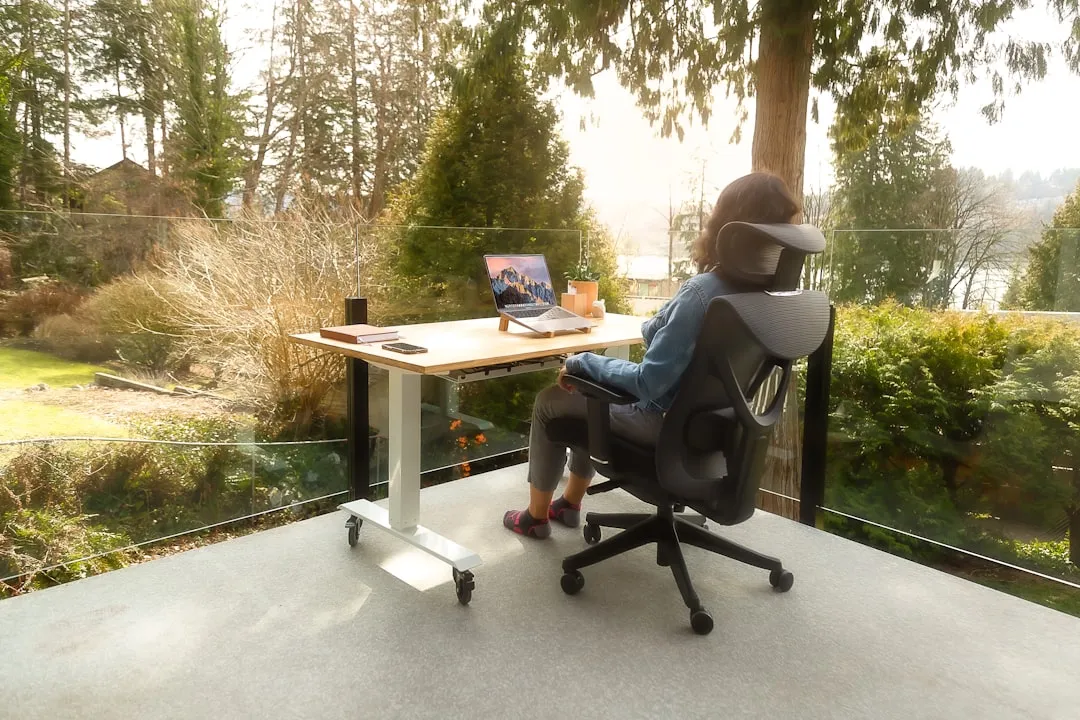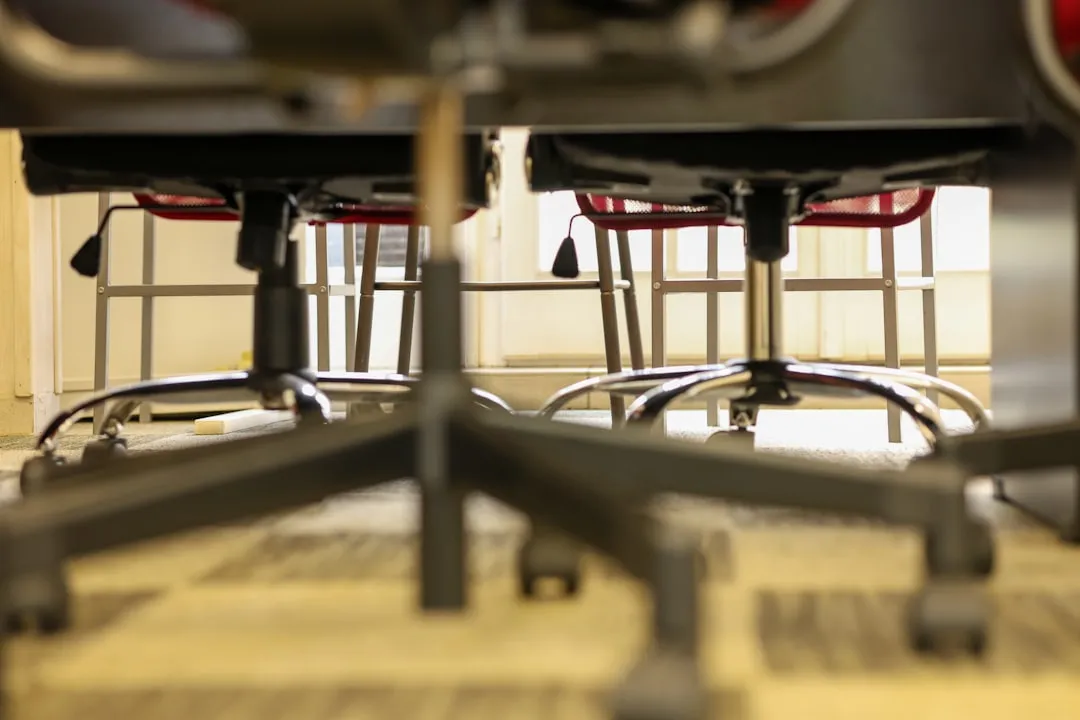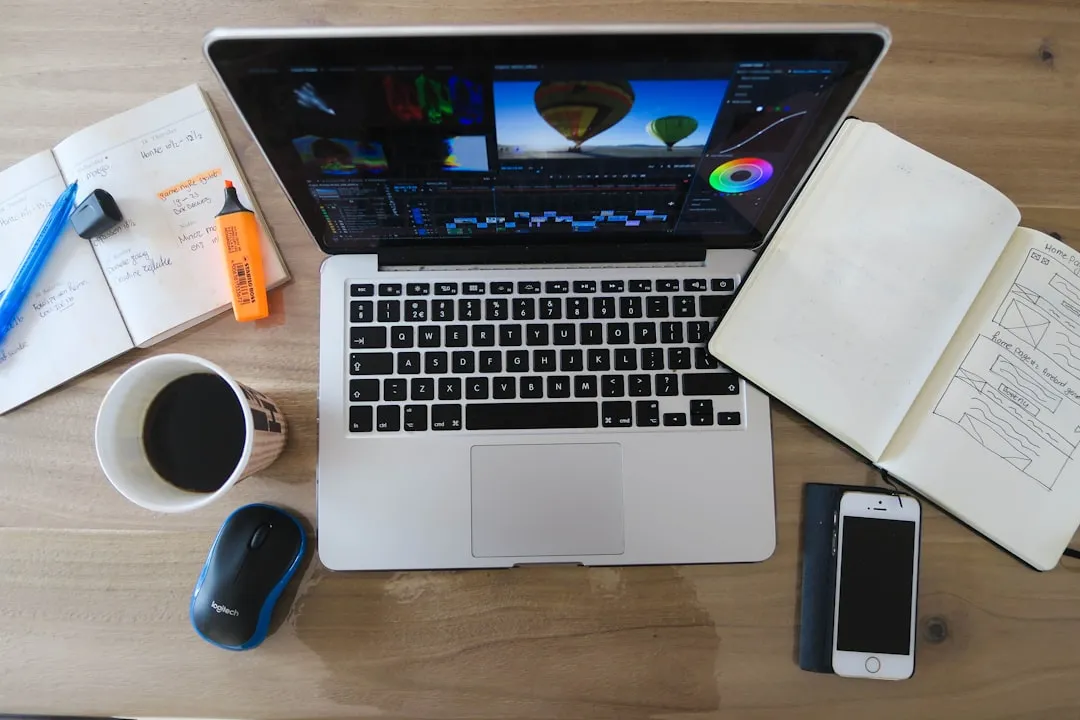Getting brilliant engineering staff to work for your company is tough.
Not only do you have to find them in the first place, once you've got someone that looks great on paper, you then need to ask them the right questions to give you all the information you need to make a good hiring decision.
But what do you ask?
What are essentials you need to glean from any interview so that you know you're making the correct choice, and not doing it on gut feel?
In this article we'll try and fill in the gaps, and give you some pointers about the best way interview engineering candidates.
Preparing for the Interview:
Before diving into the interview, it's essential to prepare thoroughly.
Start by defining the job requirements and the desired skills for the engineering role you're hiring for.
This will help you tailor your questions and evaluation criteria to the specific needs of the position.
Review the candidate's resume and application materials to gain a deeper understanding of their background and experiences.
Finally, develop a structured interview plan that ensures consistency and fairness in assessing all candidates.
Behavioral Interview Questions:
Behavioral questions are a powerful tool for assessing engineering candidates.
They allow you to gauge their past behavior and performance, which can provide valuable insights into how they might perform in the future.
Here are some examples of behavioral questions for engineering roles:
1. Problem-solving and analytical thinking:
"Tell me about a challenging technical problem you faced in your previous role. How did you approach it, and what was the outcome?"
"Describe a situation where you had to troubleshoot a complex engineering issue. How did you go about finding a solution?"
2. Collaboration and teamwork:
"Can you share an experience when you had to work with a cross-functional team to complete a project? How did you contribute to its success?"
"Tell me about a time when you faced conflicting opinions within your team. How did you handle the situation?"
3. Communication and presentation skills:
"Describe a time when you had to present a complex technical concept to non-technical stakeholders. How did you ensure effective communication?"
"Tell me about a situation where you had to explain a technical problem to a colleague who had limited knowledge in that area. How did you simplify the explanation?"
4. Adaptability and learning ability:
"Can you provide an example of a time when you had to quickly adapt to changes in project requirements? How did you handle it?"
"Describe a situation where you had to learn a new technology or tool to complete a project. How did you approach the learning process?"
Remember, while asking behavioral questions, pay close attention to the candidate's responses, looking for concrete examples, clarity, and their ability to reflect on their experiences.
Technical Interview Questions:
Evaluating a candidate's technical skills and knowledge is crucial in the engineering field.
Here are a few examples of technical questions for different engineering disciplines:
1. Mechanical engineering:
"Can you describe the process of designing a new machine from concept to production?"
"How would you approach troubleshooting a mechanical system failure?"
2. Electrical engineering:
"Explain the concept of impedance in electrical circuits and its significance."
"Describe a challenging electrical design project you worked on. What were the key challenges, and how did you overcome them?"
3. Civil engineering:
"What are the key considerations when designing a foundation for a high-rise building?"
"Describe a construction project where you had to manage unexpected site conditions. How did you adapt your plans?"
During technical interviews, focus on the candidate's ability to think critically, solve problems, and articulate their technical knowledge effectively.
Practical Assignments and Case Studies:
Practical assignments and case studies are invaluable tools for assessing engineering candidates.
By assigning real-world problems or presenting case studies, you can observe how candidates approach and solve complex challenges.
This method allows you to evaluate their problem-solving skills, creativity, and practical knowledge.
For example, you could provide a hypothetical scenario where the candidate is tasked with designing a sustainable energy system for a community.
Ask them to outline their approach, consider various factors such as cost, efficiency, and environmental impact, and present a comprehensive solution.
This exercise not only assesses their technical knowledge but also their ability to consider multiple variables and think critically.
When evaluating practical assignments or case studies, pay attention to the candidate's ability to analyse the problem, propose innovative solutions, and communicate their thought process effectively.
Look for their attention to detail, feasibility of solutions, and their ability to defend their choices.
Soft Skills Assessment:
While technical expertise is crucial, soft skills are equally important in engineering roles.
Here are a few soft skills to evaluate during the interview:
1. Leadership and management abilities:
"Describe a time when you led a team or project. How did you motivate and guide your team members?"
"How do you prioritise tasks and manage deadlines?"
2. Time management and organisation skills:
"Tell me about a situation where you had to balance multiple projects with competing priorities. How did you manage your time effectively?"
"How do you ensure that you stay organised and meet deadlines?"
3. Attention to detail and accuracy:
"Describe a project where precision and accuracy were essential. How did you ensure that your work met the required standards?"
"How do you prevent errors and ensure quality control in your engineering work?"
4. Adaptability and flexibility:
"Tell me about a time when you had to adjust your approach due to unexpected changes or challenges. How did you handle it?"
"How do you stay up-to-date with new technologies and industry trends?"
During the interview, observe how candidates showcase these soft skills through their responses, anecdotes, and examples from their previous experiences.
Look for their ability to communicate effectively, collaborate with others, and demonstrate a positive attitude towards learning and growth.
Evaluation and Decision-making:
To make informed decisions about engineering candidates, establish a rating and scoring system to assess their performance consistently.
Collaborate with hiring managers and other stakeholders to gather their input and ensure a well-rounded evaluation.
Consider factors such as technical skills, problem-solving abilities, communication, and cultural fit within the organisation.
When making the final decision, weigh the candidate's performance in each aspect of the interview process and evaluate how well they align with the job requirements and the company's values and goals.
Conclusion:
Mastering effective interview techniques for evaluating engineering candidates is a journey that requires a combination of technical expertise, behavioral assessment, and soft skills evaluation.
By utilising behavioral and technical interview questions, practical assignments, and case studies, you can gain valuable insights into a candidate's capabilities.
Don't forget to assess their soft skills, as these play a crucial role in their success as engineers.
With a structured interview plan and collaboration with stakeholders, you'll be equipped to identify top engineering talent that will drive your organisation forward.
Implement these techniques, refine your approach, and watch as your recruitment efforts yield exceptional engineering professionals who will contribute to your company's success.


















